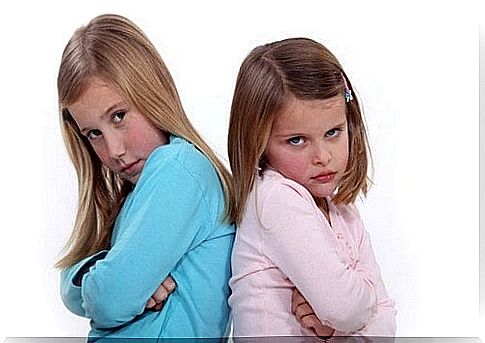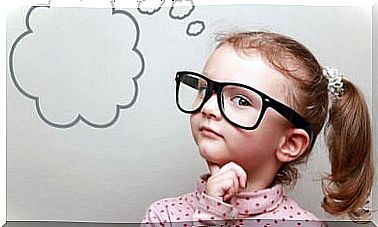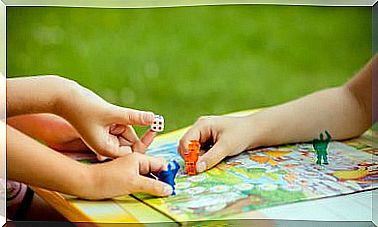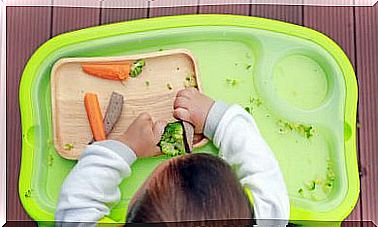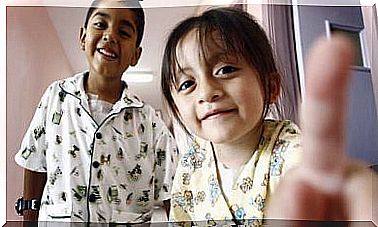Do You Compare Your Children With Others?
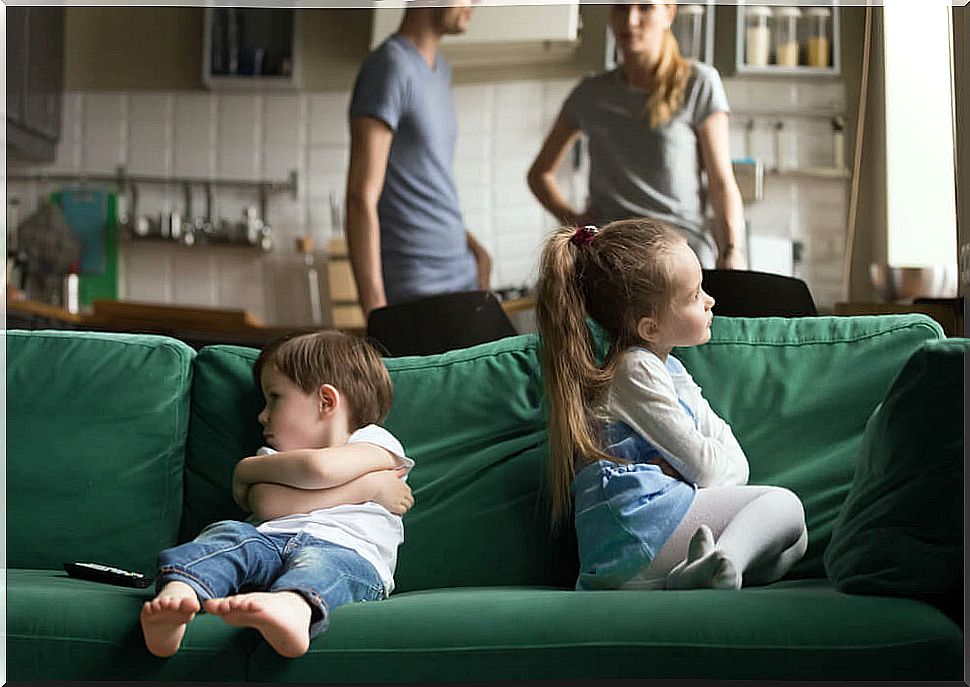
Do you compare your children with others? It is a question that parents should ask ourselves and, if the answer is yes, stop doing it immediately. Comparisons are counterproductive and of little benefit to children’s psychological health. They damage your self-esteem and damage the formation of your personal identity.
We parents have the tendency to compare our children with other children. Many times, we do it to make sure that our child is developing normally or there is something that is not quite right. The problem is when we make that comparison with them in front. What happens then?
What happens if you compare your children with others?
All of us, in general, have a tendency to make comparisons. We go to a supermarket to buy and compare prices with other establishments. For this reason, on many occasions, we automatically compare our children, without thinking about the consequences that it entails.
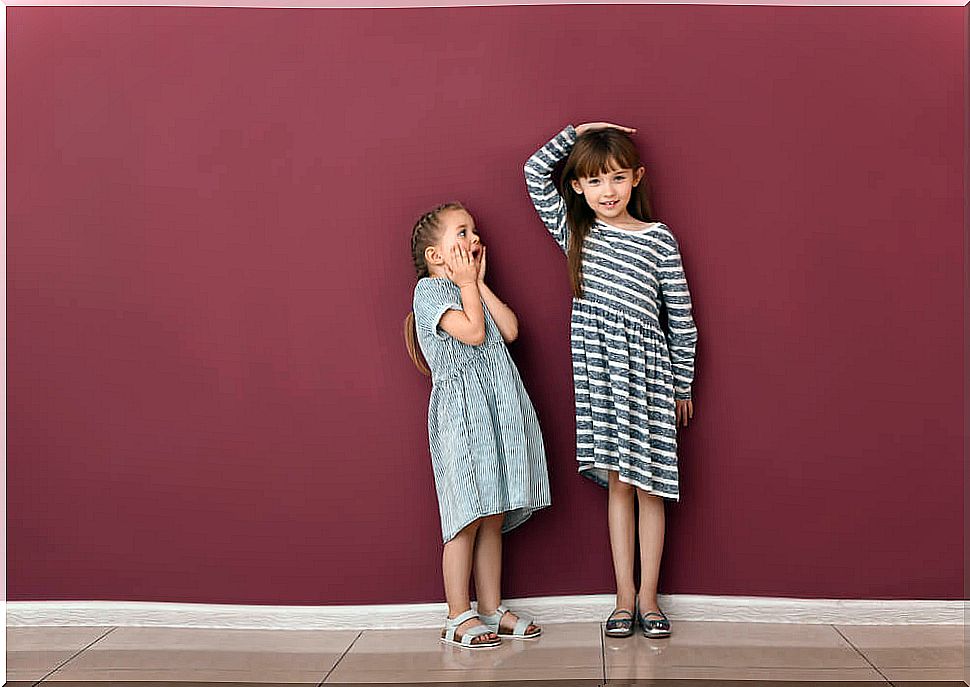
When the comparison is between siblings, rivalries, confrontations, envies may arise between them. This can lead to a misperception that one sibling is more loved by their parents than the other, and could damage their self-esteem, self-confidence, and even lead to insecurities.
For what reason do parents compare our children with others?
Often parents of our children make comparisons with other children, but without being aware of it. How? If we are teaching our child to learn to ride a scooter and we see another child who is doing well, we will surely say: “Look at that child how he does it . ” We do it to serve as a model for you, but we are hurting you.
We use comparison as a way to motivate them to develop a certain skill, behavior, or anything else that, as parents, we consider to be useful. But what we are making them perceive is how we want them to be, regardless of their characteristics and abilities.
Consequences if you compare your children with others
Comparing your child with his siblings, cousins, friends, neighbors, classmates, etc., will have consequences at the time of comparison, but also in the long term.
Jealousy and envy arise
When we make comparisons between siblings, jealousy and envy can arise. They perceive that their parents are more content with their brother’s qualities than their own and that, therefore, they love him more. This, in the end, will affect the relationship between the siblings.
Rivalry with other children
Like the previous point, when we compare our little one with other friends or colleagues, they will see him as a rival. His perception is that this child is more appreciated and accepted by his parents than he is himself.
Difficulty measuring their personal successes if you compare your children with others
Another consequence if you compare your children with others is that they can establish the wrong bases about their self-demands and expectations. This will influence throughout their personal development, because the little one will get used to measuring their achievements and failures depending on the successes of others and not on their own and their worth.
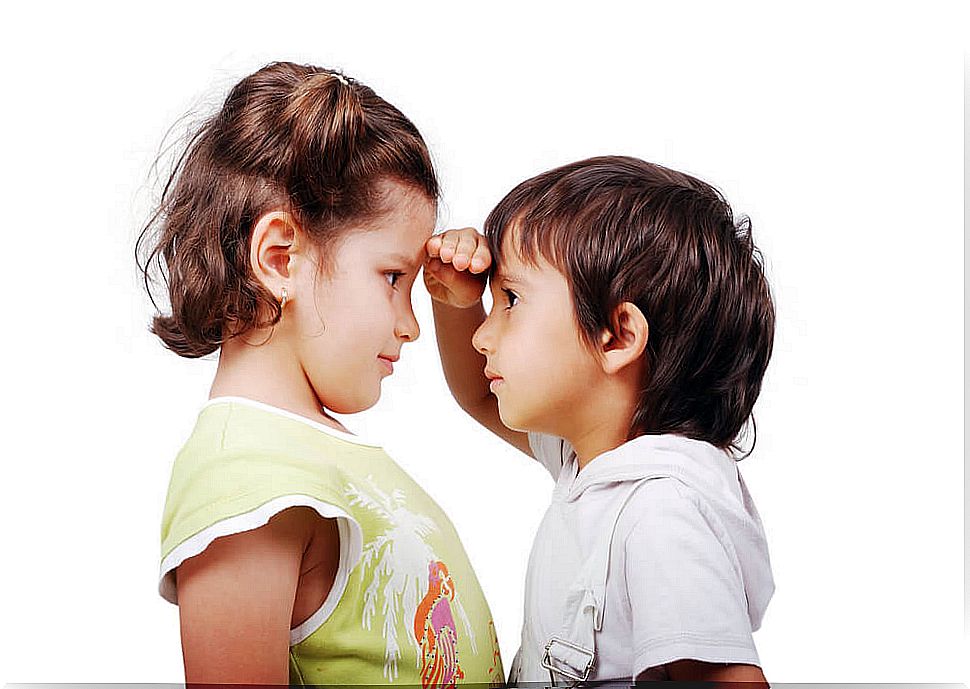
The child’s self-esteem is affected
We, from our good intention, make the comparison so that it serves as a learning with a model. They don’t see that and they understand that we like the qualities of others better that they don’t have. Ultimately, this creates insecurities and a lack of self-confidence, which complicates healthy self-esteem.
In summary
In conclusion, if you compare your children with others and want to change your strategy, it is advisable to motivate and reinforce positive behaviors when they arise and not to personalize in any other child. It is very important that they realize that we accept them as they are, with their strengths and weaknesses, and that the latter do not affect the unconditional love we have for them at all.
